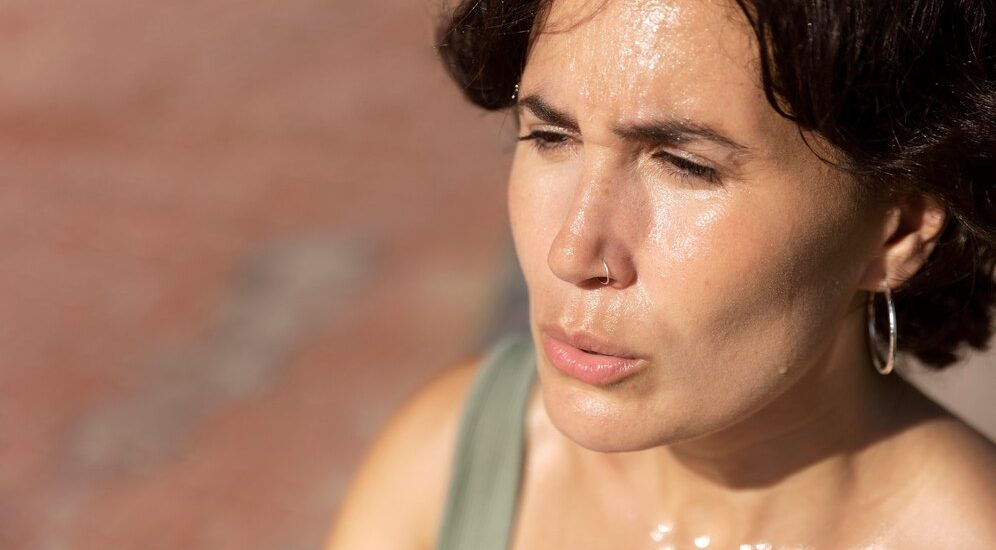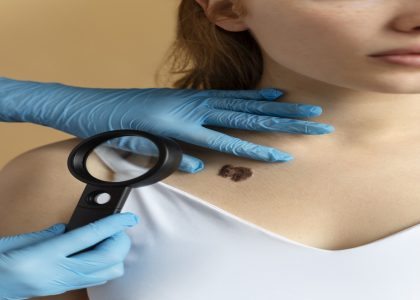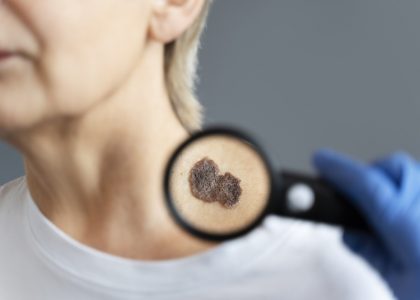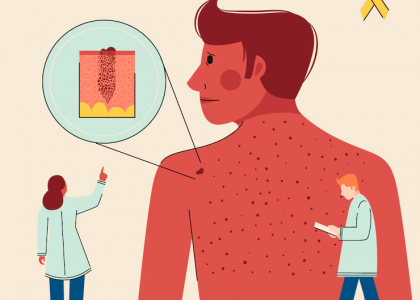Acne is a common skin condition that affects millions of people worldwide. While there are various treatments available, many patients use medications to manage their acne effectively. However, an often overlooked aspect of acne treatment is the impact of sun exposure on these medications. Understanding how sun exposure interacts with acne medications is crucial for effective skin care and overall health.
The Relationship Between Sun Exposure and Acne Medications
Many acne medications, including both topical and oral treatments, can make the skin more sensitive to sunlight. This increased sensitivity can lead to a higher risk of sunburn, skin damage, and other complications. It’s essential for patients undergoing acne treatment to be aware of these risks and take appropriate measures to protect their skin.
Photosensitivity and Acne Medications
Photosensitivity is a condition where the skin becomes more susceptible to the harmful effects of ultraviolet (UV) radiation from the sun. Several acne medications can cause photosensitivity, including:
- Topical Retinoids: Retinoids, such as tretinoin and adapalene, are commonly prescribed for acne treatment. They work by promoting cell turnover and preventing clogged pores. However, retinoids can make the skin more prone to sunburn and irritation.
- Antibiotics: Topical and oral antibiotics like doxycycline and minocycline are used to reduce inflammation and kill acne-causing bacteria. These antibiotics can increase the skin’s sensitivity to UV rays.
- Benzoyl Peroxide: This topical treatment is effective at killing bacteria and reducing inflammation, but it can also make the skin more sensitive to sunlight.
- Azelaic Acid: Another topical treatment for acne, azelaic acid can cause photosensitivity in some individuals.
Risks of Sun Exposure While on Acne Medications
When the skin becomes photosensitive due to acne medications, exposure to UV radiation can lead to several adverse effects:
- Sunburn: Photosensitive skin burns more easily, leading to painful sunburns even with brief sun exposure.
- Hyperpigmentation: Sun exposure can cause dark spots and patches on the skin, especially in areas treated with acne medications.
- Skin Irritation: Sun exposure can exacerbate the dryness and irritation caused by acne treatments, leading to increased discomfort.
- Skin Cancer Risk: Prolonged and unprotected sun exposure increases the risk of developing skin cancer, especially for individuals with photosensitive skin.
Preventing Sun Damage While on Acne Medications
To mitigate the risks associated with sun exposure while undergoing acne treatment, it’s essential to adopt sun-safe practices:
- Use Sunscreen: Apply a broad-spectrum sunscreen with at least SPF 30 daily, even on cloudy days. Reapply every two hours or after swimming or sweating.
- Seek Shade: Avoid direct sun exposure, especially during peak hours (10 a.m. to 4 p.m.). Seek shade whenever possible.
- Wear Protective Clothing: Cover your skin with long-sleeved shirts, wide-brimmed hats, and sunglasses to minimize UV exposure.
- Avoid Tanning Beds: Tanning beds emit UV radiation that can worsen photosensitivity and increase the risk of skin damage.
- Consult Your Doctor: If you’re unsure about how to manage sun exposure while on acne medications, consult your healthcare provider for personalized advice.
Balancing Acne Treatment and Sun Exposure
While it’s crucial to protect your skin from the sun, it’s also important to continue your acne treatment as prescribed. Here are some tips to balance acne treatment with sun safety:
- Apply Sunscreen Before Other Topicals: If you’re using topical acne treatments, apply sunscreen first and allow it to absorb before applying other medications.
- Adjust Application Times: Consider applying topical medications at night to reduce the risk of sun exposure during the day.
- Monitor Skin Changes: Keep an eye on your skin for any signs of increased sensitivity, such as redness, itching, or peeling. Report any changes to your healthcare provider.
Conclusion
Understanding the impact of sun exposure on acne medications is vital for maintaining healthy skin. By adopting sun-safe practices and consulting with your healthcare provider, you can effectively manage your acne while protecting your skin from harmful UV radiation.
If you have any concerns about your acne treatment and sun exposure, or if you need professional advice, don’t hesitate to contact SunSkin Clinic. Our experienced dermatologists are here to help you achieve healthy, radiant skin.
For more information or to book an appointment, call SunSkin Clinic at Box Hill: 03 8352 4200 and Keysborough: 03 9329 3300.






